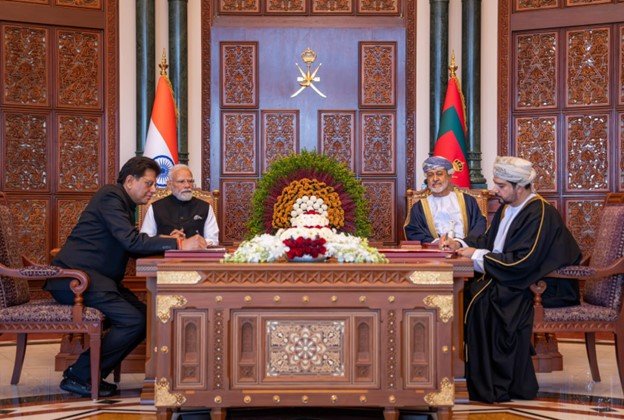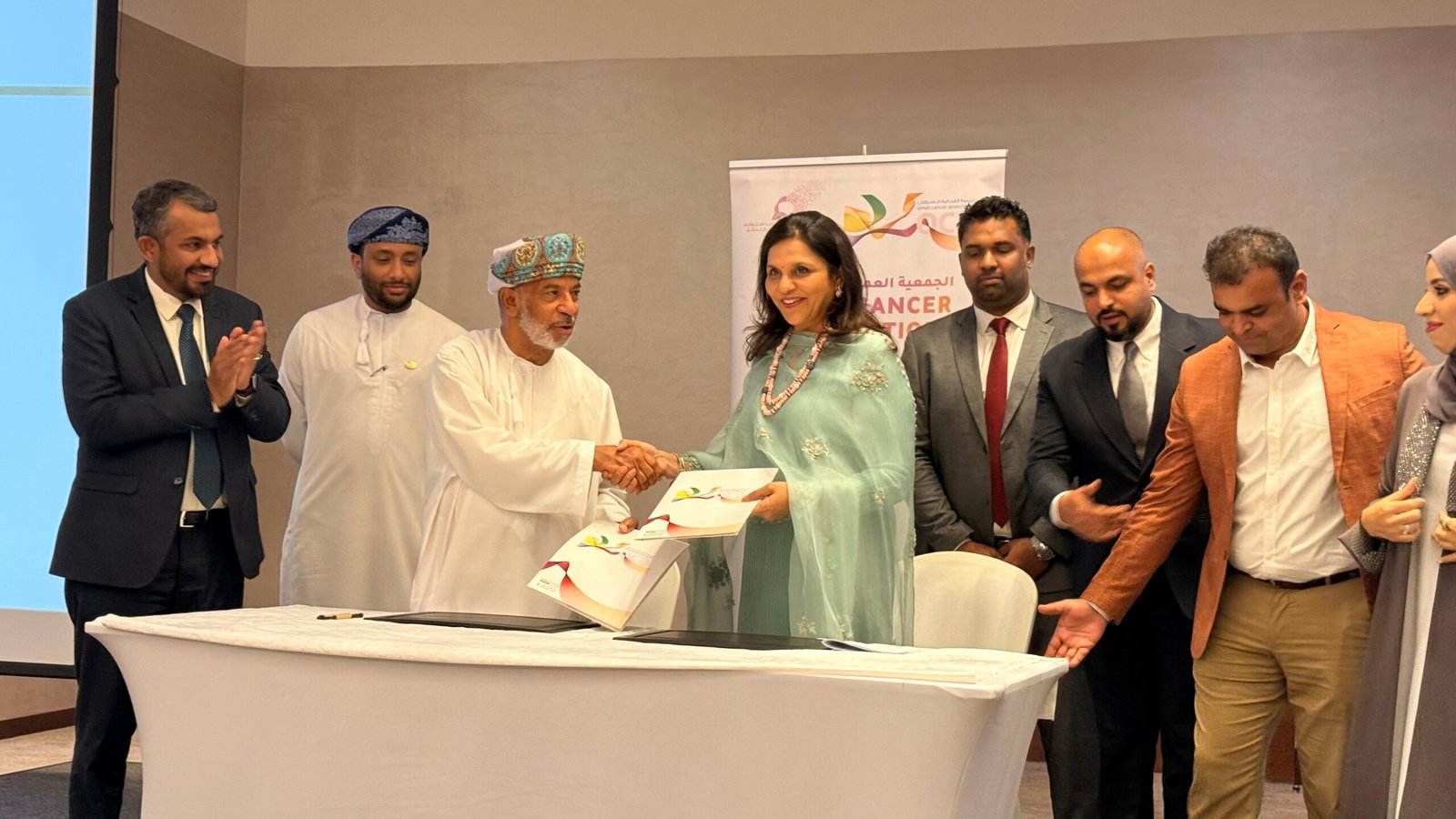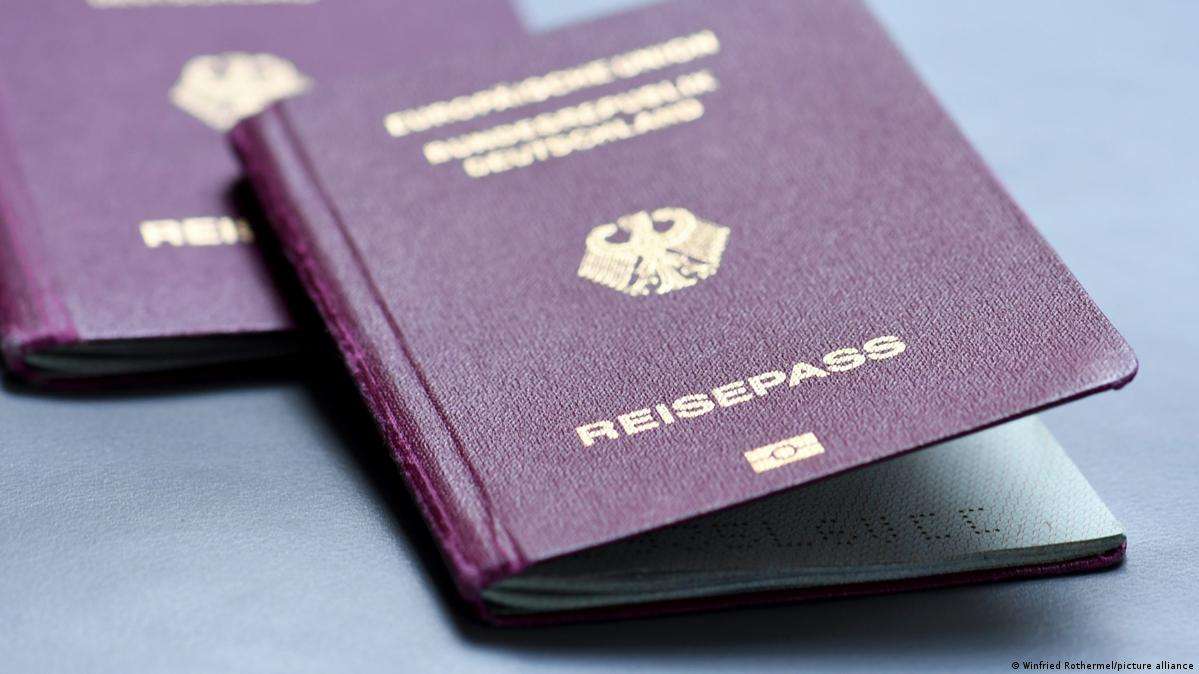The Japanese farm equipment maker aims to sell 5,000 tractors there by 2028, generating revenue of nearly 10 billion yen ($72.1 million) that year. Instead of exporting from Japan, Kubota will have an Indian subsidiary ship compact models to the small-scale farms that dominate Africa’s agricultural sector
Japanese company Kubota has planned to sell low-cost tractors produced in India to Africa. It is setting up a supply chain that takes advantage of India’s low material and labor costs to carve out a sizable share in the continent, reported Nikkei.
The Japanese farm equipment maker aims to sell 5,000 tractors there by 2028, generating revenue of nearly 10 billion yen ($72.1 million) that year. Instead of exporting from Japan, Kubota will have an Indian subsidiary ship compact models to the small-scale farms that dominate Africa’s agricultural sector.
Kubota established a local subsidiary in Kenya in 2017, but struggled to build a sales network and brand recognition. Market share failed to grow beyond a few percentage points. But the company does not plan to beat a retreat, with President Yuichi Kitao saying “the African market will definitely grow”.
Kubota hopes to use Escorts’ established sales network in Africa, where many Indian immigrants work as wholesalers handling agricultural machinery. The goal is to increase its share to just under 20% by 2028
Escorts Kubota, an Indian tractor producer that was turned into a subsidiary in April, will ship products mainly to countries such as South Africa, Tanzania and Nigeria where farmers are embracing agricultural equipment. Tractor prices can be reduced about 30% by building them in India rather than Japan.
In July, Kubota appointed Ravindra Chandra Bhargava, Chairman of Suzuki Motor’s Indian subsidiary Maruti Suzuki, as an outside director of Escorts. Bhargava was a key player in Suzuki’s early entry into India and is credited for its high market share there. Kubota aims to use his know-how to gain market share in Africa.
Kubota hopes to use Escorts’ established sales network in Africa, where many Indian immigrants work as wholesalers handling agricultural machinery. The goal is to increase its share to just under 20% by 2028.
The spread of tractors in Africa is far behind India and South America, but demand is rising, according to the United Nations Food and Agriculture Organization.
*********************************************************************
Readers
These are extraordinary times. All of us have to rely on high-impact, trustworthy journalism. And this is especially true of the Indian Diaspora. Members of the Indian community overseas cannot be fed with inaccurate news.
Pravasi Samwad is a venture that has no shareholders. It is the result of an impassioned initiative of a handful of Indian journalists spread around the world. We have taken the small step forward with the pledge to provide news with accuracy, free from political and commercial influence. Our aim is to keep you, our readers, informed about developments at ‘home’ and across the world that affect you.
Please help us to keep our journalism independent and free.
In these difficult times, to run a news website requires finances. While every contribution, big or small, will makes a difference, we request our readers to put us in touch with advertisers worldwide. It will be a great help.
For more information: pravasisamwad00@gmail.com








